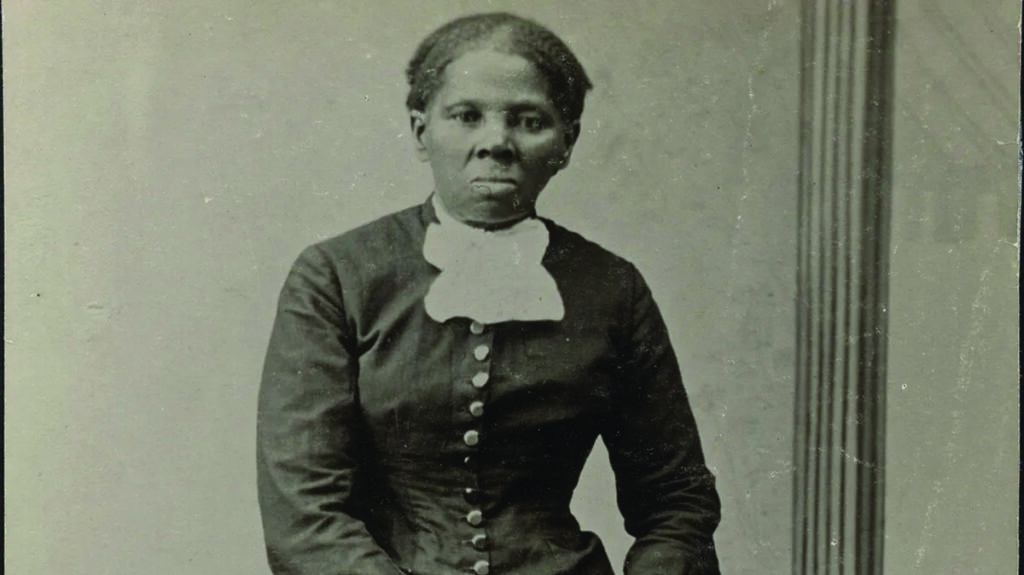By Hazel Trice Edney
(1 of 4 Series)
(TriceEdneyWire.com) – Every Sunday, millions of African American people across the nation make their way to church anticipating relief from lives of financial woes, pressures at work, health concerns, family matters, race discrimination and inequities among other stressful issues of everyday life.
By the time they return home, they have usually received some form of hope. Whether from an inspiring sermon from the preacher, comforting scriptures, or glorious songs – gospel music and spirituals – songs that soothed their souls, causing them to rock with joy and clap their hands despite what they may face in the days, weeks and years ahead.
If the music of the Black church is seen as medicine now – post the civil rights movement – one can only imagine the hope that it must have given to enslaved Black people who were not only owned by other human beings, but often whipped, tortured, hanged, and their loved ones sold away in a life in which they constantly faced threats of death for the slightest rebellion.
During this Black Music Month of June, millions of people across the nation are revisiting the legacy of these spirituals and celebrating their contribution to freedom.
“The Negro spirituals were so important to the enslaved African, who, as scripture would foretell, were brought into this ‘strange land’ having been asked to sing a new song. We understand that many of these enslaved Africans came to the Americas with different dialects, different languages that they spoke,” explains composer and Wayne State University music instructor Dr. Brandon Waddles in an interview with host A. J. Walker on Detroit PBS’ American Black Journal. “Music has always been a universal language. And coded therein, within these songs were messages; not only messages of hope, but messages that would lead these enslaved Africans to freedom.”
Dr. Waddles gave examples of some of the lyrics that were actually messages and instructions. For example, the song, “Deep River, My Home Over Jordan,” was a title that he explains: “Jordan River scripturally, of course, was referring to, in their context, the Mississippi [River]. It was their way to freedom.”
According to the National Park Service (NPS), abolitionist Harriet Tubman “sang two songs while operating her rescue missions. Both are listed in Sarah Bradford’s biography Scenes in the Life of Harriet Tubman: ‘Go Down Moses,’ and, ‘Bound For the Promised Land.’ Tubman said she changed the tempo of the songs to indicate whether it was safe to come out or not,” states a NPS document.
Many of these songs, which started as work songs, evolved into what is now called Negro spirituals, directly connected to African culture and tradition. They were published years later and ultimately became the root of Black Gospel and Jazz, Dr. Waddles said.
Black Music Month was first officially established by President Jimmy Carter in 1979 “to celebrate the African American musical influences that comprise an essential part of our nation’s treasured cultural heritage,” according to the National Museum of African American History and Culture.
That first year, the month was celebrated with a Black music festival on the White House Lawn. This year’s Black Music Month Proclamation by President Joseph Biden, posted on Whitehouse.gov, continues the history of celebration:
“Our Nation has only recognized Black Music Month for 45 years, but its legacy stretches back to our country’s earliest days. Black music began when enslaved people, who were cruelly prohibited from communicating in their native languages, found ways to express themselves through music. Set to the sound of African rhythms, they captured the inhumanity, tragedy, and toll that America’s original sin took on their lives while also telling the stories of their hopes and dreams, faith and spirituality, and love and purpose.”
This article/op-ed, the first in a four-part series, has been powered by AARP in celebration of Black Music Month.

